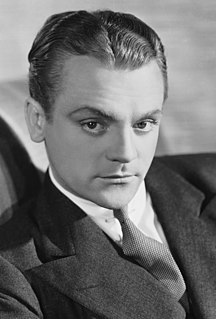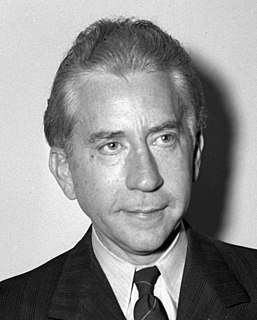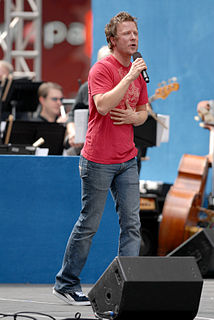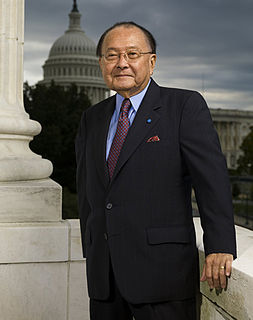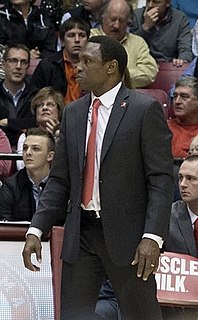A Quote by James Cagney
You know, the period of World War I and the Roaring Twenties were really just about the same as today. You worked, and you made a living if you could, and you tired to make the best of things. For an actor or a dancer, it was no different then than today. It was a struggle.
Related Quotes
There was a period that black film had no chance of making it in Hollywood. So, people just made the made the statements that they wanted to make. Whether it was a science fiction film or whatever, b/c they were just making movie for themselves. Then there was a period where people were creating projects as their Hollywood audition 'pieces'. I feel that today we are moving back to the era where we all have our own voices.
I looked back on the roaring Twenties - with its jazz, 'Great Gatsby,' and the pre-Code films - as a party I had somehow managed to miss. After World War Two, I expected something similar, a return to the period after the first war, but when the skirt lengths went down instead of up, I knew we were in big trouble.
Business today is all about improvisation, which is the essence of jazz. Perhaps in the past we could just follow the operating manual and do what we were told, but today the world is too complex and fast. Today it's all about real-time innovation and creativity. Individuals may get hired based on their resumes, but they'll get promoted and reach their dreams based on their ability to create. In that context, being a jazz musician was the best MBA I could have ever received.
When you're young, you don't really think about what's going on. At least, in my case, I was always so hooked on being so innovative and didn't worry about what happened yesterday. I just wanted to focus on today and make it better. I was like that every day. I just made sure that every night I was at my best, at the best level I could be.
World War II vets in general didn't talk about their experiences. They believed there was something better and that they were going to prove to America what they could be and show America what it could be by being the change that they wanted. Like that Ghandi phrase "be the change that you want to see" but I think that it was also just a different culture. People didn't want to complain, whereas today if you go to the Starbucks and they mess up your order you might tweet about it. You know it's a different kind of culture.
I thought I'm going to die. So why can't I do everything? And what is this idea that I worked all day yesterday, so I'm tired today? I've never believed that.I thought, "Just suppose I could choreograph a ballet." And I did it. Suppose I could teach dance at the theater in Cleveland. And I did it. Suppose I could sing for a living - that I could stop these two jobs as a waitress and a salesperson.
Back in World War II, we viewed the Japanese as 'yellow, slant-eyed dogs' that believed in different gods. They were out to kill us because our way of living was different. We, in turn, wanted to annihilate them because they were different. Does that sound familiar, by any chance, to what's going on today?
Fame is really strange. One day you're not famous, and then the next day you are, and the odd thing is that you know intellectually that nothing in the world is different. What mattered to you yesterday are the same things that matter today, and the rules all still apply - yet everyone looks at you differently.
Today, we have a powerful military that serves as a deterrent, but the enemy we have today is not like World War II, where you sign a piece of paper and the war is over. Today they're not in uniform. In my time we knew what the enemy looked like, we knew his weapons systems and such. Today, your cab driver may be the person, you have no idea. I don't know how we got into this fix, but we're there.
In the '60s and '70s it was a great period for American films because studios were still run by individuals who worked off the seat of their pants and went along with things. At that time, they were very uncertain about what to make because of the influence of television. A lot of really terrific movies were made. But then the studios gradually became more corporate and were owned by corporations and run in that way and now they're very nervous. You see what they make - sequels, franchises and try not to take risks.
When I made that statement that the person discovers the secret of their success by their daily agenda, all of a sudden it hit me that if I could teach people to make today count; if I could really teach them what they need to do today to have a good day, that tomorrow would really take care of itself.
